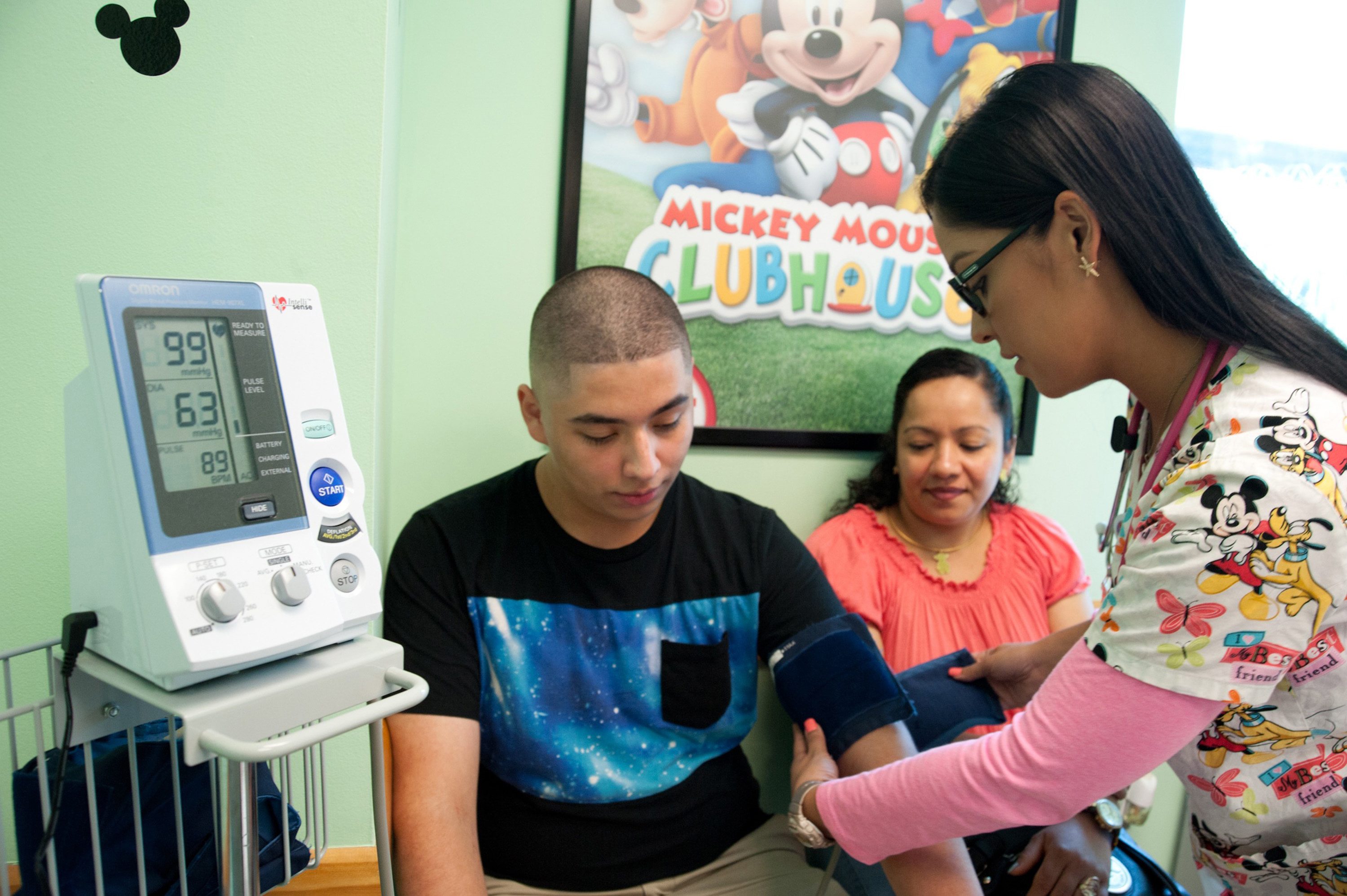The title of a popular James Bond movie: “You Only Live Twice.”
Forget what 007 says. We have one body to maintain and it’s the only one we get — a little cut and paste notwithstanding.
The overall message?
Get yourself to a doctor for regular screenings and checkups. At the minimum, you should have your blood pressure, cholesterol and triglycerides checked every year and in every decade. Each decade brings new challenges and things to do to maintain optimal health.
“I always tell patients, ‘An ounce of prevention is worth 1,000 pounds of disease.’ Schedule your yearly exams. This doesn’t take that long. It’s a minor inconvenience to get some blood taken from you and a urine sample,” says Dr. Lester Carrodeguas, family medicine physician with Baptist Health Primary Care. “That small time you get to speak to your doctor can prevent a whole lot of trouble for later on.”
And what would you expect to talk about? You guessed it: physical activity — as in, you probably aren’t getting enough.
Here’s your handy guide to doing the decades right by your health.
• THE 20s
Think preventative services in this age group, suggests Dr. Olveen Carrasquillo, chief of the division of general internal medicine at UHealth.
Annual dental and eye exams should be part of your routine by this age group and continue forward, suggests Carrodeguas.
Check that your vaccinations are up to date. Tetanus expires after 10 years, he notes. If there is no proof, or you can’t recall if you had your measles, mumps or rubella vaccinations while in school, this is a good time to get them. Also, the human papillomavirus vaccine. If you’re sexually active, the chance for sexually transmitted diseases needs to be addressed by this time. Protection is paramount.
Blood pressure screenings, every year. “With the increasing obesity epidemic, check for diabetes,” Carrasquillo suggests, even though the 20s used to be considered early for that test. Check cholesterol and triglycerides with a simple blood test.
• THE 30s
“That’s where real screenings for cholesterol and diabetes become important,” Carrasquillo says. “There’s some controversy but we used to recommend, but not anymore, testicular cancer screenings. But now, the evidence doesn’t seem to be that great.”
That doesn’t mean men shouldn’t do a self check of their testicles, feeling for any abnormalities. When in doubt, bring concerns to your doctor’s attention.
Blood pressure becomes an issue in the late 30s, early 40s. Get it under control now before the 50s, when it becomes a pattern.
• THE 40s
Anyone born before 1965 should screen for hepatitis C, Carrasquilla suggests.
“If you’re doing high-risk sexual behaviors, then there are a bunch of other things to screen for: syphillis, hepatitis B and HIV,” he adds.
Though there is controversy over prostate screenings, a prostate-specific antigen test to measure the level of these proteins in a man’s blood is worth considering, according to Carrodeguas, especially for African-American males who are at higher risk for prostate cancer. If a close male relative (father, brother) has had prostate cancer, you should consider being tested, too.
• THE 50s
Colorectal screenings, via colonoscopy, should begin at age 50, unless you have a family history of colon cancer. If so, start at 40. A colonoscopy should be done every 10 years from now on, into your mid-70s, unless polyps are found. Your doctor may then recommend returning every three to five years. It’s a relatively simple and painless procedure. The only pain in the you-know-where is drinking the prep liquid and voiding the day before. Otherwise, man up. It’s no biggie.
A fecal occult blood test can check for microscopic blood in the stool, which could be a sign of potential colon cancer.
Check for osteoporosis if there is a history of smoking in men ages 50 to 75.
A calcium score via a cat scan of the heart to check for plaque formation is a good idea, Carrodeguas says, “to catch these lesions early before they knock on the door and tell you it’s time to go.”
Flu vaccine is recommended at every age, especially for the elderly and young children.
• THE 60s
Pneumonia vaccine. Shingles vaccine.
Smokers (you haven’t stopped yet?) should be screened for lung cancer.
Screen for abdominal aneurysms with ultrasound in your 50s and 60s.
“We can also start looking for things that are at-risk, like dementia if you are forgetting a lot of things, gait imbalance. Some conditions can lead to those problems,” Carrasquilla says.
• THE 70s
By the 70s, we start moving away from aggressive screenings. “If you have normal colonoscopies in your 50s and 60s, after 75 you can usually stop colonoscopy,” says Carrasquilla.
Start looking into social isolation, depression, neglect issues in the elderly.



